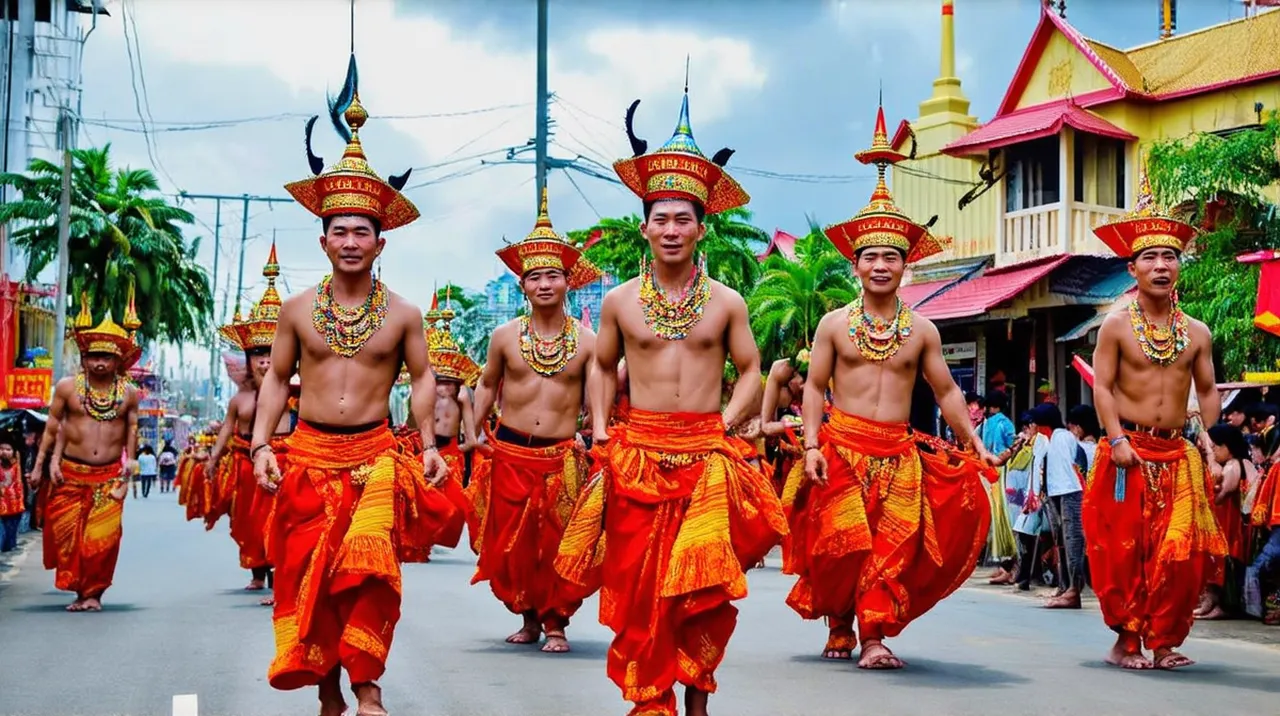
Makassar Culture: Discovering the Rich Heritage of South Sulawesi
Table of Contents
Makassar Culture
Makassar culture is a fascinating tapestry woven with traditions, history, and vibrant community life in South Sulawesi, Indonesia. Known for its warm hospitality and diverse ethnic backgrounds, the culture of Makassar offers visitors a unique blend of influences shaped by centuries of trade and migration. In this article, we invite you to explore the rich cultural landscape of Makassar, from traditional ceremonies and culinary delights to the region’s historical Landmarks. Whether you’re a culture enthusiast or a curious explorer, the captivating Makassar culture awaits you.
Want to find the best travel deals for this destination? custom adventure planner with our adventure planning specialist!
1. Understanding the Historical Roots of Makassar Culture
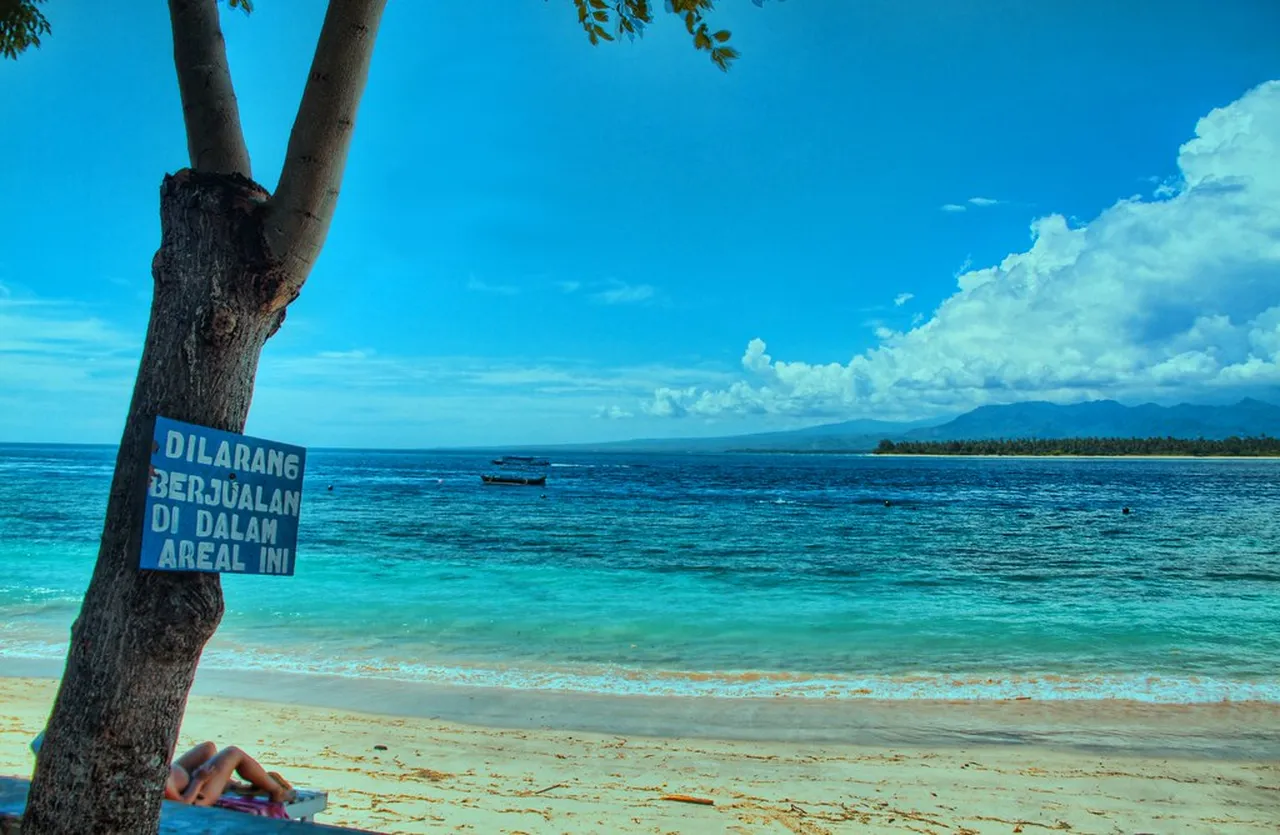
The Makassar culture has deep historical roots that trace back centuries, influencing various aspects of life in the region. Originating from the bustling port city of Makassar, the culture is a melting pot of indigenous traditions, foreign influences, and trade exchanges.
Historically, the Makassarese, along with the Bugis people, played a vital role in maritime trade throughout Southeast Asia. Consequently, this pivotal position contributed to the rich cultural tapestry still evident today. For instance, visitors can see the influence of early traders from Arabia, China, and Europe in the local arts and customs.
Moreover, the blend of these diverse influences has resulted in a unique culture that celebrates its heritage. Therefore, understanding the historical context is essential for anyone looking to fully appreciate Makassar’s vibrant identity.
2. Traditional Clothing: A Glimpse into Makassar Attire
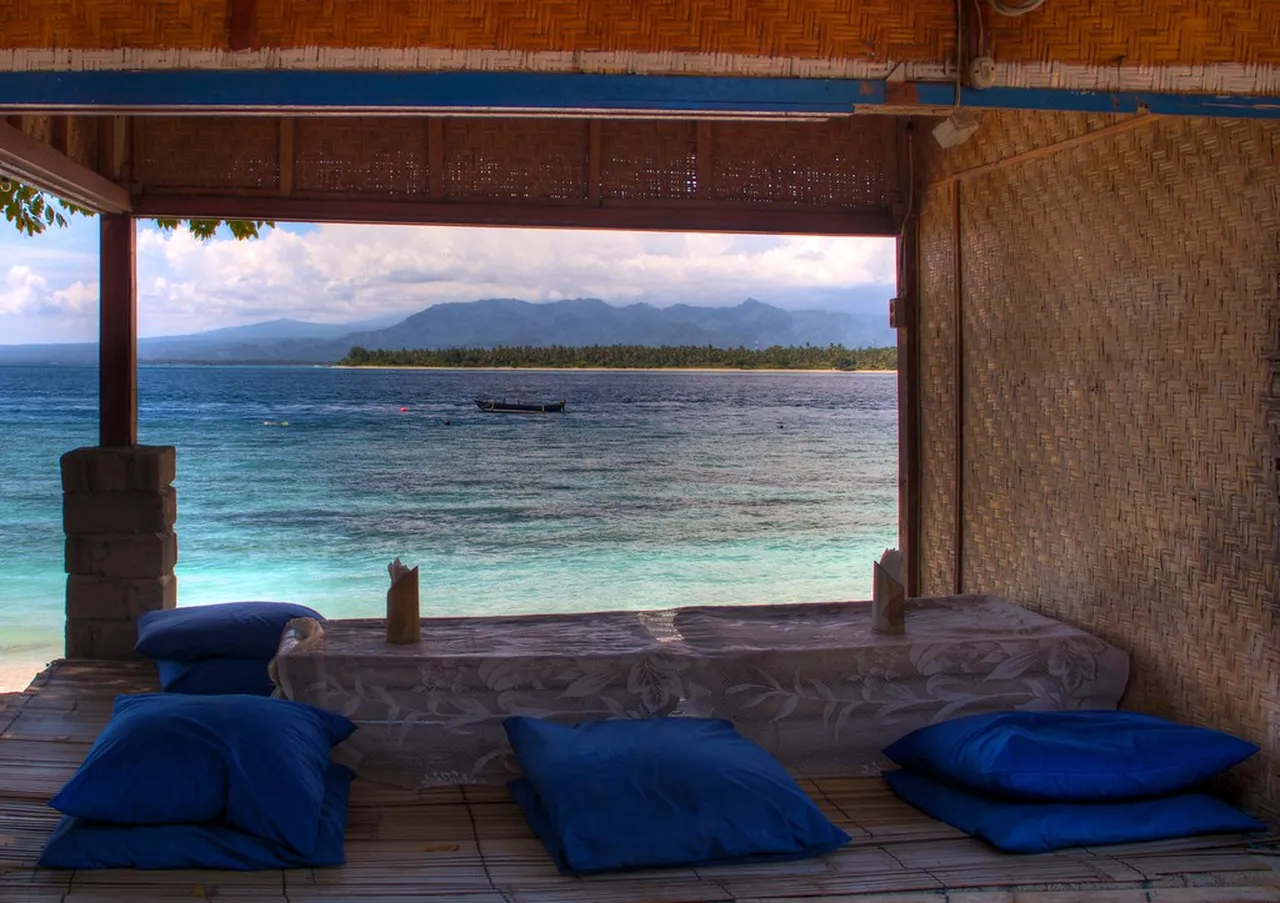
When it comes to traditional clothing, Makassar attire beautifully reflects the region’s heritage and social status. The most prominent garment is the kebaya, a traditional blouse worn by women, often made of delicate lace and brightly colored fabrics.
In contrast, men typically wear the jas, a long-sleeved jacket paired with trousers. These clothes are often adorned with intricate motives that tell stories of history and cultural significance. Furthermore, both genders commonly don traditional accessories during special Events, enhancing the overall attire.
As a traveler, witnessing these traditional outfits, especially during weddings and festivals, provides a fantastic opportunity to immerse yourself in Makassar’s culture. Therefore, don’t miss the chance to explore local clothing shops and markets for authentic craftsmanship.
3. Culinary Delights: Exploring Makassar’s Unique Gastronomy
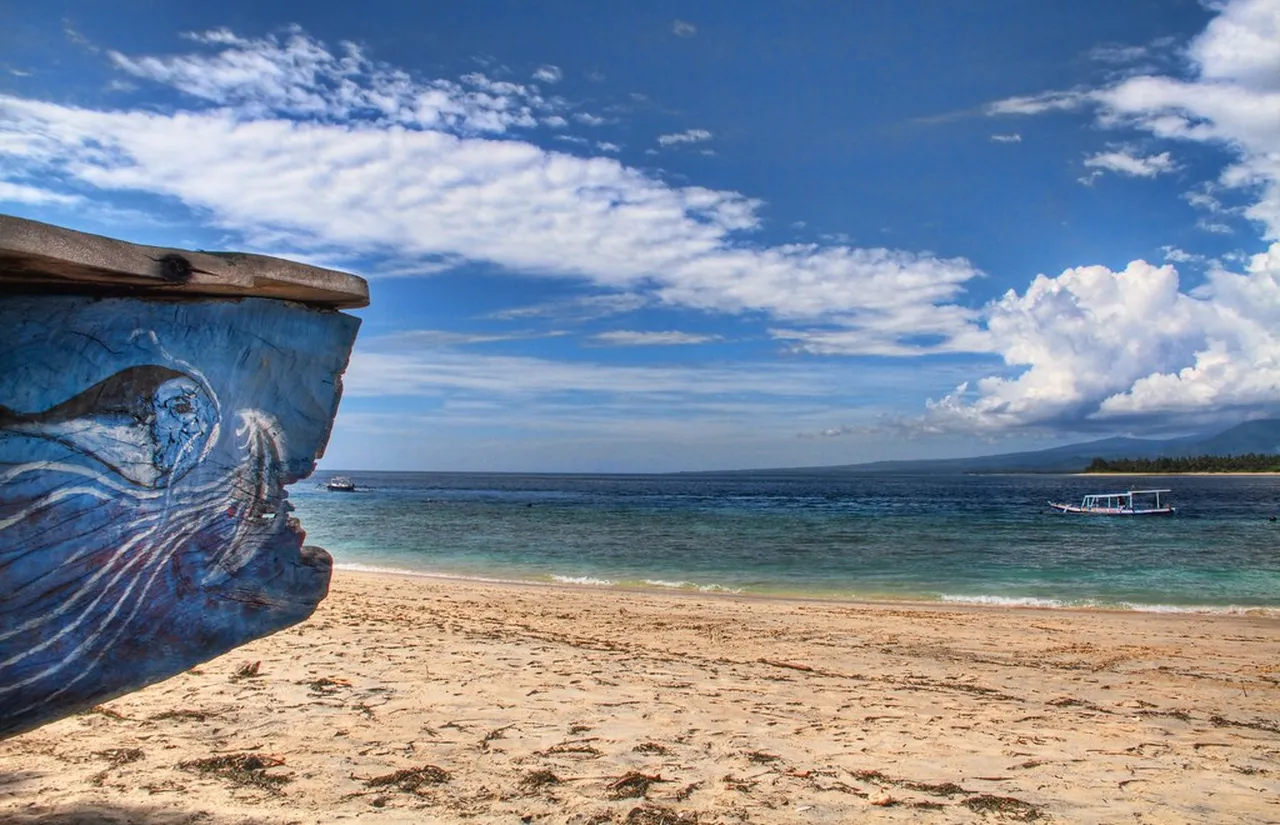
Food lovers will find Makassar culture vividly represented in its unique gastronomy. Known as the culinary capital of Eastern Indonesia, Makassar offers an array of dishes that highlight the richness of its marine resources. One cannot visit without trying the famous coto Makassar, a flavorful beef soup enriched with spices and herbs.
Moreover, paru-paru (fried cow lungs) and ikan bakar (grilled fish) are local delicacies that reflect the community’s love for fresh ingredients. Additionally, the vibrant street food scene showcases a plethora of options that tantalize the taste buds.
Overall, the culinary journey in Makassar is not just about food; it is an enlightening experience that tells stories of its traditions and social bonds. When you savor these dishes, you connect deeply with the culture and people.
4. Festivals of Makassar: Celebrating Tradition and Community
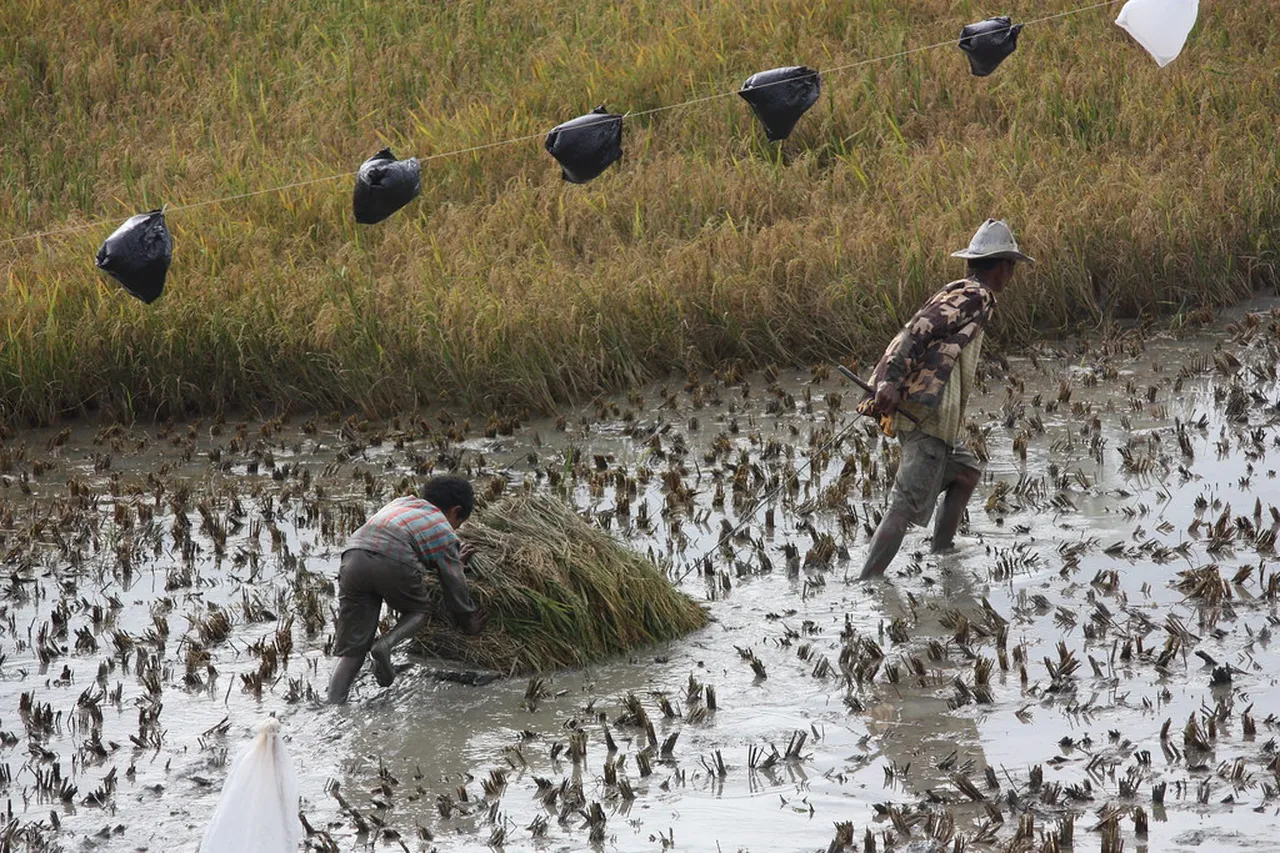
The festivals of Makassar are vibrant celebrations that showcase the unique culture and tradition of the region. Each year, the city comes alive with Events that highlight its rich heritage. One of the most significant festivals is the Makassar International Eight Festival, which showcases music, dance, and local crafts. It attracts both locals and tourists, fostering a sense of community.
Moreover, the Ramadan Festival holds a special place in the hearts of residents. During this month, the atmosphere is filled with enthusiasm and spiritual devotion. There’s a mutual warmth as families gather to break their fast in joyous celebrations.
Additionally, these festivals often feature traditional games, food stalls, and local artisans displaying their crafts. In conclusion, attending these Events is a wonderful way to immerse yourself in the Makassar culture and experience the genuine hospitality of its people.
5. Performing Arts: The Role of Music and Dance in Makassar Culture

In Makassar, performing arts serve as a vital expression of cultural identity. Music and dance transcend mere entertainment; they often communicate stories from the past. Traditional music types like the Kecapi Suling performance, which features beautifully crafted instruments, create a captivating experience.
Furthermore, dance forms such as Tari Gendang reflect the region’s history and sociocultural values. Interestingly, dances are often performed during important ceremonies and festivals. Therefore, they play a crucial role in keeping traditions alive.
In summary, the performing arts of Makassar provide insight into the community’s heritage, creating an engaging way for visitors to appreciate the local culture. By participating or watching, you can foster a deeper understanding of Makassar culture.
6. Local Crafts: Preserving Traditions through Artistry
Local crafts in Makassar are more than just products; they embody the spirit of Makassar culture. Artisans create works that reflect the region’s rich history and traditions. For example, handwoven textiles such as songket are intricately designed and often used in traditional ceremonies.
Moreover, pottery and woodcrafts showcase exceptional skill and creativity. These crafts not only serve practical purposes but also represent artistic expression. Visiting local markets, you can find unique souvenirs that tell stories of Makassar’s past.
Consequently, preserving these crafts is essential for maintaining cultural identity. As artisans pass their skills to future generations, the local crafts of Makassar continue to thrive, inviting visitors to appreciate their beauty and significance.
7. The Significance of Bugis Culture in Makassar
The Bugis culture plays an essential role in shaping the overall identity of Makassar. Originating from the Bugis people, this vibrant culture is known for its strong maritime tradition and rich history. As you explore the city, you will notice how the Bugis have influenced various aspects of Makassar culture, including language, customs, and societal values.
Furthermore, the Bugis are renowned for their seafaring abilities, which have contributed significantly to trade in the region. Transitioning to their unique rituals and traditions, one can observe that the Bugis honor their ancestors through ceremonies such as malam ritu and pesta laut, celebrating their deep-rooted connections with the sea.
Discovering the Bugis culture provides valuable insights into the history and evolution of Makassar.
8. Makassar Architecture: A Journey Through Time
Exploring Makassar architecture is like taking a fascinating journey through the city’s history. The blend of various architectural styles reflects the diverse influences that have shaped the city over centuries. From ancient forts to colonial buildings, the city offers a captivating visual narrative.
A prominent example is the Losari Beach, where modern designs coalesce with traditional structures. Consequently, visitors can admire how these architectural wonders embrace the natural surroundings. Additionally, you should not miss the iconic Fort Rotterdam, a testament to the city’s colonial past.
As you stroll through the streets, you will notice varied architectural elements that signify different cultural influences. Each building tells a story, enhancing the understanding of Makassar’s diverse heritage.
9. Community Life: The Importance of Family and Relationships
In Makassar, community life revolves around the vital role of family and relationships. The values of togetherness and solidarity are integral to the sociocultural fabric of the city. Families often gather for meals and celebrations, reinforcing bonds that span generations.
Moreover, traditional Events such as weddings and communal feasts are cherished occasions that underscore the significance of communal ties. Consequently, these gatherings foster a sense of belonging and shared identity among those within the community.
Transitioning from family to broader community dynamics, the support networks established among neighbors are crucial. They ensure that everyone is connected and can rely on each other, thus enhancing the well-being of all.
Understanding community life in Makassar reveals the heart and soul of its culture—relationships that nurture and sustain.
10. Religious Practices: The Role of Islam in Makassar Culture
Islam plays a fundamental role in shaping Makassar culture, as it is not only the predominant religion but also a significant aspect of the people’s identity. The arrival of Islam in this region dates back to the 16th century, profoundly influencing social customs, art, and daily life. Consequently, various rituals and practices reflect this rich heritage, creating a unique blend of fervor and tradition.
Moreover, prayer and community gatherings are essential components. For instance, during the holy month of Ramadan, the atmosphere transforms, and special Events, such as communal iftar dinners, take place. These gatherings foster a strong sense of belonging among the locals. In contrast, the annual celebration of Eid al-Fitr showcases the vibrant religious spirit of Makassarese people, where traditional foods and cultural dances are part of the festivities.
11. Ecotourism: Connecting with Nature and Local Culture in Makassar
Ecotourism in Makassar presents a unique opportunity to connect with both the breathtaking natural environment and the rich local culture. This destination offers an array of eco-friendly Adventures, from exploring stunning beaches to venturing into lush jungles. Tourists can participate in activities like diving, hiking, and birdwatching, all while supporting local conservation efforts.
In addition, engaging with indigenous communities can provide valuable insights into traditional lifestyles and sustainable practices. For example, guided village tours allow visitors to experience the daily life of the Makassarese people firsthand. As you navigate through these pristine landscapes, keep in mind that preserving nature is vital. Ultimately, ecotourism not only enriches your travel experience but also contributes to safeguarding the cultural and natural heritage of Makassar.
12. Exploring Tana Toraja: Cultural Neighbors of Makassar
Pro Tip: Book your Makassar adventures in advance through Viator for the best deals!
Just a stone’s throw from Makassar, Tana Toraja offers a fascinating glimpse into the cultural richness of Indonesia. This region is renowned for its elaborate funeral rites, which are crucial to the Torajan identity. The intricacies of these rituals, along with their stunning traditional houses—known as tongkonan—captivate many visitors each year.
While exploring Tana Toraja, you will be amazed by the vibrant scenery that complements its rich cultural tapestry. Hiking through the lush hills, you can witness breathtaking landscapes interspersed with rice terraces and unique burial sites. Furthermore, attending a local ceremony can provide profound insights into the Torajan worldview and their deep respect for ancestors. Therefore, a visit to Tana Toraja is essential for anyone wishing to fully appreciate the cultural diversity in and around Makassar.
Embracing Makassar culture means experiencing a vibrant community rich in history, traditional arts, and culinary wonders. From the taste of its unique dishes to the sights of its traditional festivals, every aspect reflects the warmth and diversity of South Sulawesi. What aspect of Makassar culture intrigues you the most? Share your experiences and thoughts with us in the comments, and let’s celebrate the richness of this incredible culture together.